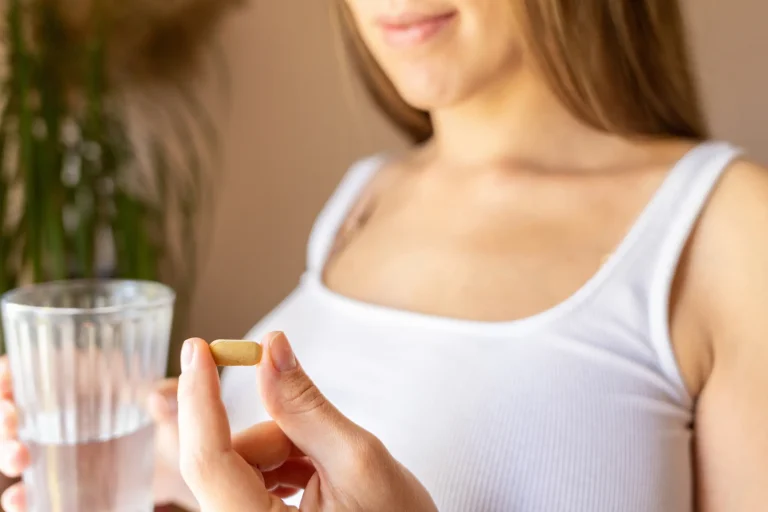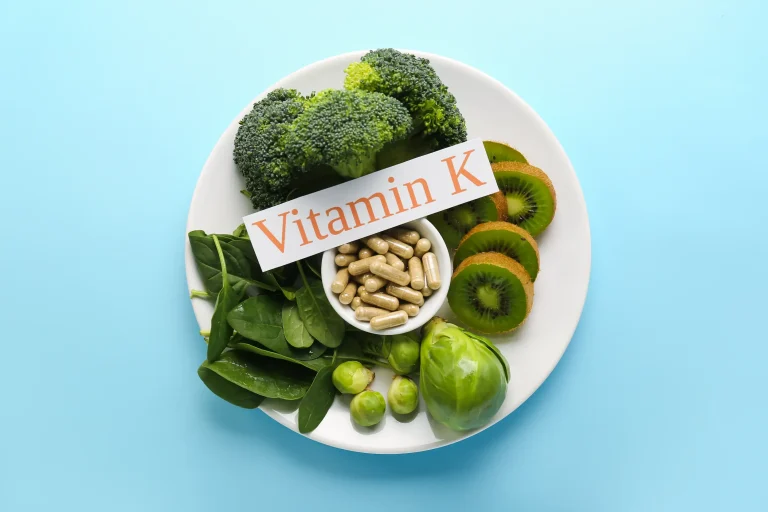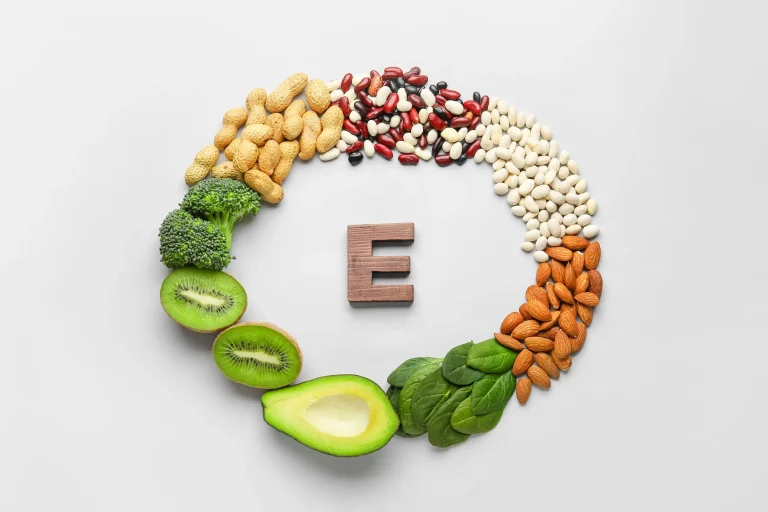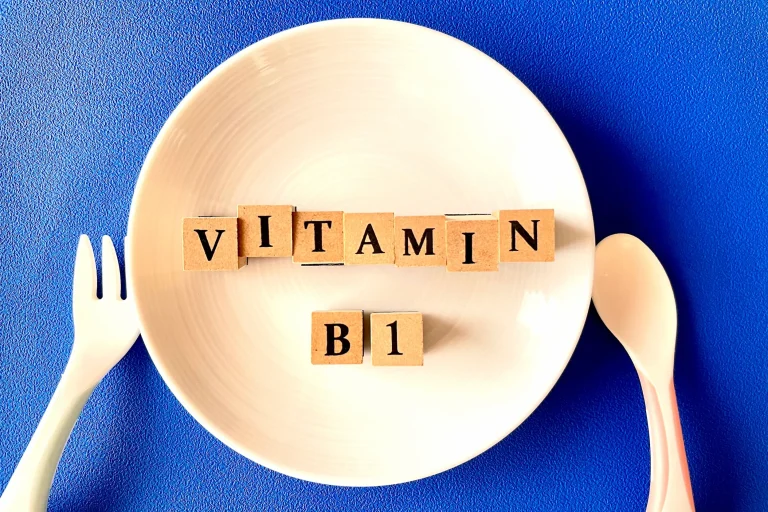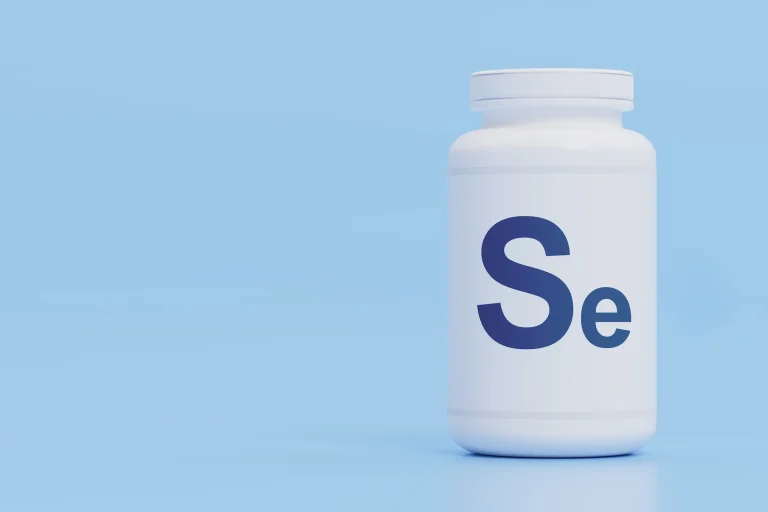When should you take iron supplements?
Maintaining your iron levels at a healthy amount is absolutely crucial to your well-being. It’s a vital measure to help prevent the impactful symptoms of anaemia. If you’re considering taking an iron supplement, a question that arises time and time again is, “When should you take them?”
In this article, we walk you through when to take iron supplements so you can get to know whether they’re right for you based on your health and how you should take them in order to maximise their effects. Keep reading to learn more.
When to take iron supplements
Knowing when to take iron supplements is important to ensure they’re the right solution for you. In most cases, your doctor will recommend or prescribe iron supplements if you’ve been diagnosed with iron deficiency anaemia or if you’ve had a blood test that shows low serum ferritin concentration (a common and inexpensive test to detect low iron levels).[4]
Alternatively, you might still be waiting for diagnosis and want to supplement your intake to help reduce the impact of your symptoms.
Certain situations, circumstances and medical conditions can make you more vulnerable to iron deficiency, meaning supplementation may be a useful treatment. These include:
Anaemia: If you’ve been told that you’ve got iron deficiency anaemia, your body simply doesn’t have enough healthy red blood cells. This can make you feel extremely tired, weak, pale and even out of breath. Once you’re diagnosed with anaemia, you’re normally given iron supplements to attempt to build up your iron levels and support the formation of healthy red blood cells.
Pregnancy: Your body requires much more iron during pregnancy. This additional iron helps to support normal immune responses, cognitive function and the transport of oxygen as your pregnancy progresses. As a result, iron supplementation is usually a standard recommendation during pregnancy to avoid iron deficiency anaemia for both you and your baby.[4]
Heavy Menstrual Periods: If you get heavy periods, a lot of iron can be lost each month, which makes you more susceptible to an iron deficiency.[4] Iron supplementation may help to ease symptoms of iron loss while you explore treatment options for heavy periods.
Vegetarian and Vegan Diets: While plant-based diets can be fantastic for your health, the iron found in plants (non-heme iron) is less easily absorbed by your body compared to animal product heme iron. The bioavailability of iron from vegetarian diets is generally lower (5% to 12%) than from a mixed diet (14% to 18%).[4] This means you may need to monitor your intake of iron and take a supplement if you’re following a vegetarian or vegan diet.
Some Medical Conditions: Certain medical conditions will impact the efficiency with which your body can absorb nutrients. Some conditions, such as coeliac disease, Crohn’s disease or even gastric bypass surgery can cause iron deficiency.[4]
Excessive Physical Activity: If you’re an athlete or exercise strenuously, your body might require more iron. This is due to a higher turnover of red blood cells and some loss of iron in sweat.
Infants and Young Children: Infants under 12 months of age who are not breastfed exclusively or predominantly should receive iron-fortified infant formula.[4] It’s also the case that iron supplementation may benefit children who are breastfed. For example, iron supplements given to breastfed children of four to nine months of age was found to considerably decrease the prevalence of iron deficiency anaemia.[3] In children and adolescents with iron deficiency anaemia, treatment duration of less than 3 months or greater than 6 months along with low-dose iron supplements (5 mg/kg/day) was found to be ideal in improving haemoglobin levels.[2] Iron contributes to normal cognitive development in children.
If you think you may have low iron levels or you’ve noticed possible symptoms of deficiency, seek advice from your healthcare provider. They can arrange blood tests to support diagnosis as well as advising you on the best course of action for treatment.
When is the best time to take iron supplements?
Once you and your doctor have determined that iron supplementation is needed, the next essential question is: at what time of day should you take them? This can significantly influence how well your body is able to absorb iron supplements and may help to reduce any side effects.
In general, your body will be able to absorb iron supplements most efficiently on an empty stomach. This typically means taking them around an hour before or two hours after a meal. Regardless of when you take it, iron may cause some short-term gastrointestinal upset, such as nausea, constipation or abdominal cramps. Using higher doses of iron (45 mg/day and above) may make gastrointestinal side effects more likely.[4] Some people may find it easier to take iron supplements with a small snack.
Women with iron deficiency and mild iron deficiency anaemia can maximise absorption and minimise side effects by taking 60-120 mg of iron as a ferrous salt with ascorbic acid (Vitamin C) in the morning on alternate days as vitamin C increases iron absorption.[1]
Additionally, there are some foods and drinks that can block iron absorption; these should be avoided at the time you take your supplement. These foods and drinks include:
- Dairy foods: Calcium found in milk, cheese, and yogurt can interfere with iron absorption.
- Coffee and tea: These everyday drinks contain substances known as tannins that can decrease the amount of iron your body absorbs.
- Foods high in fibre: Although fibre is great for you, it works against iron when taken simultaneously. Fibre binds with excess iron, making it harder for your body to access and use it.
Instead, take your iron supplement alongside a vitamin C source, such as a glass of orange juice, some fruit or a vitamin C supplement. Vitamin C is key because it enhances the absorption of non-heme iron – the kind that’s found in your iron supplements.
As for the time of day itself, there is no single “best” time to take your iron supplement. You may find it easiest to pick a time that’s convenient for you, and only change it if there are significant side effects related to the time. For example, some people prefer to take iron in the morning to avoid sleep disturbances, but others find their sleep is fine after taking iron at night. As much as possible, consistency is important, as it can help you to remember to take your supplement and stick to a routine.
Be careful always to follow the exact instructions on your iron supplement’s packaging unless you are told otherwise by your healthcare professional. Dosages can vary depending on the supplement you choose, and getting the right amount of iron for your needs is key.
References
[1] Stoffel, N. U., von Siebenthal, H. K., Moretti, D., & Zimmermann, M. B. (2020). Oral iron supplementation in iron-deficient women: How much and how often? Molecular aspects of medicine, 75, 100865.
[2] Rehman, T., Agrawal, R., Ahamed, F., Das, S., Mitra, S., Kumar, D., … & Pati, S. (2025). Optimal dose and duration of iron supplementation for treating iron deficiency anaemia in children and adolescents: A systematic review and meta-analysis. Journal of Family Medicine and Primary Care, 14(1), 162.
[3] Dewey, K. G., Domellöf, M., Cohen, R. J., Lönnerdal, B., & Hernell, O. (2001). Iron supplementation of breast-fed Honduran and Swedish infants from 4 to 9 months of age. The Journal of pediatrics, 139(3), 379-387.
[4] National Institutes of Health, Office of Dietary Supplements. (2024, March 29). Iron: Fact Sheet for Health Professionals. Retrieved from https://ods.od.nih.gov/factsheets/Iron-HealthProfessional/


